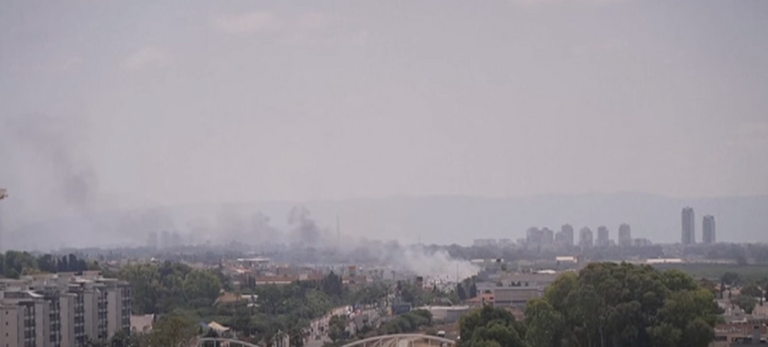In a significant development that could impact the geopolitical landscape in the region, two former Israeli soldiers, Michael Ofer Ziv and Yoval Green, have decided to resist their military service in the Gaza Strip due to ethical concerns.
This news has the potential to influence the Israeli-Palestinian conflict and international relations, which in turn may affect various sectors, including defense, technology, and infrastructure.

Hezbollah Launches Drone Attacks On Israel
The Stories of Ziv and Green
Michael Ofer Ziv, a former fire control officer in the Israeli military, was responsible for approving airstrikes in the Gaza Strip. After witnessing the destruction caused by these airstrikes and reflecting on the impact on Gaza's residents, he began to question his role in the military. In May 2021, he joined 40 other soldiers in refusing to serve in the military, stating that he now believes his duty is to oppose the war and raise his voice against it.
Yoval Green, a former combat medic in the Israeli military, also decided to refuse his military service after witnessing what he perceived as reckless destruction and a disregard for the lives of Gaza's residents. The final straw for Green was an order to destroy residential buildings without justification. When he expressed his concerns to his commander, he did not receive a satisfactory response, leading him to leave the military.
What It Means
The refusal of these soldiers to serve in the Gaza Strip could spark further debate within Israeli society about the military's role and conduct in the occupied territories. This may lead to increased scrutiny of the military's rules of engagement and adherence to international law, potentially impacting defense sector investments.
The testimonies of Ziv and Green provide additional evidence of potential human rights violations in the Gaza Strip. This could lead to increased pressure on the Israeli government from the international community to address these concerns and improve the living conditions of Palestinians in the occupied territories, affecting infrastructure and technology investments in the region.
The news could also impact Israel's relations with other countries, particularly those that have been critical of its policies in the occupied territories. It may influence the ongoing discussions about the Israeli-Palestinian conflict in international forums such as the United Nations, potentially affecting the broader geopolitical landscape and related investments.